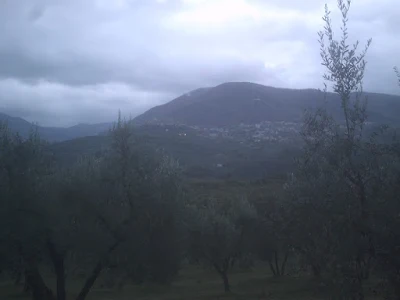 In "SolderSmoke -- The Book" I describe the quest for deep understanding of the circuits that we build and use. There is some discussion in the book of the role of mathematics in this quest. A while back a reader e-mailed me on this subject. In the hope of stimulating a discussion, I'll present the key paragraph from that e-mail here (the author will, for now, remain anonymous):
In "SolderSmoke -- The Book" I describe the quest for deep understanding of the circuits that we build and use. There is some discussion in the book of the role of mathematics in this quest. A while back a reader e-mailed me on this subject. In the hope of stimulating a discussion, I'll present the key paragraph from that e-mail here (the author will, for now, remain anonymous):I appreciate your quotes from Feynman, Asimov, etc. about not
really being able to fully understand everything. As a math teacher
I can say that one of the biggest misunderstandings about math
is that it "explains" the phenomena of physics and engineering.
(Science and math teachers are notorious for saying to a student
who has just asked a "why" question things like, "well the math is
a little bit more complicated than what you can handle right now.
Wait untilyou have had a year or so of calculus.") In reality it's
the exact opposite! The math equations actually hide the answers.
They are very good at accurately describing phenomena, or at
predicting what will happen next, but they can never answer the
question of why one equation works and another does not. We
get very comfortable with allowing the familiar math equations
to hide our inability to really answer the "whys."
This really resonated with me. In my effort to get a better grasp of mixer theoy a lot of people seemed to be simply pointing me to the trig equations, and equating a knowledge of those equations with an understanding of how the mixer circuits really work.
Of course, I don't mean to be anti-math here, but I thought the e-mail on the limits of mathematics was very interesting. In "Empire of the Air" Tom Lewis wrote, "At Columbia, Edwin Howard Armstrong developed another trait that displeased some of the staff and would annoy others later in life: his distrust of mathematical explanations for phenomena of the physical world. All too often he found his professors taking refuge in such abstractions when faced with a difficult and seemingly intractable conundrum... Time and again as an undergraduate at Columbia, Armstrong had refused to seek in mathematics a refuge from physical realities."






